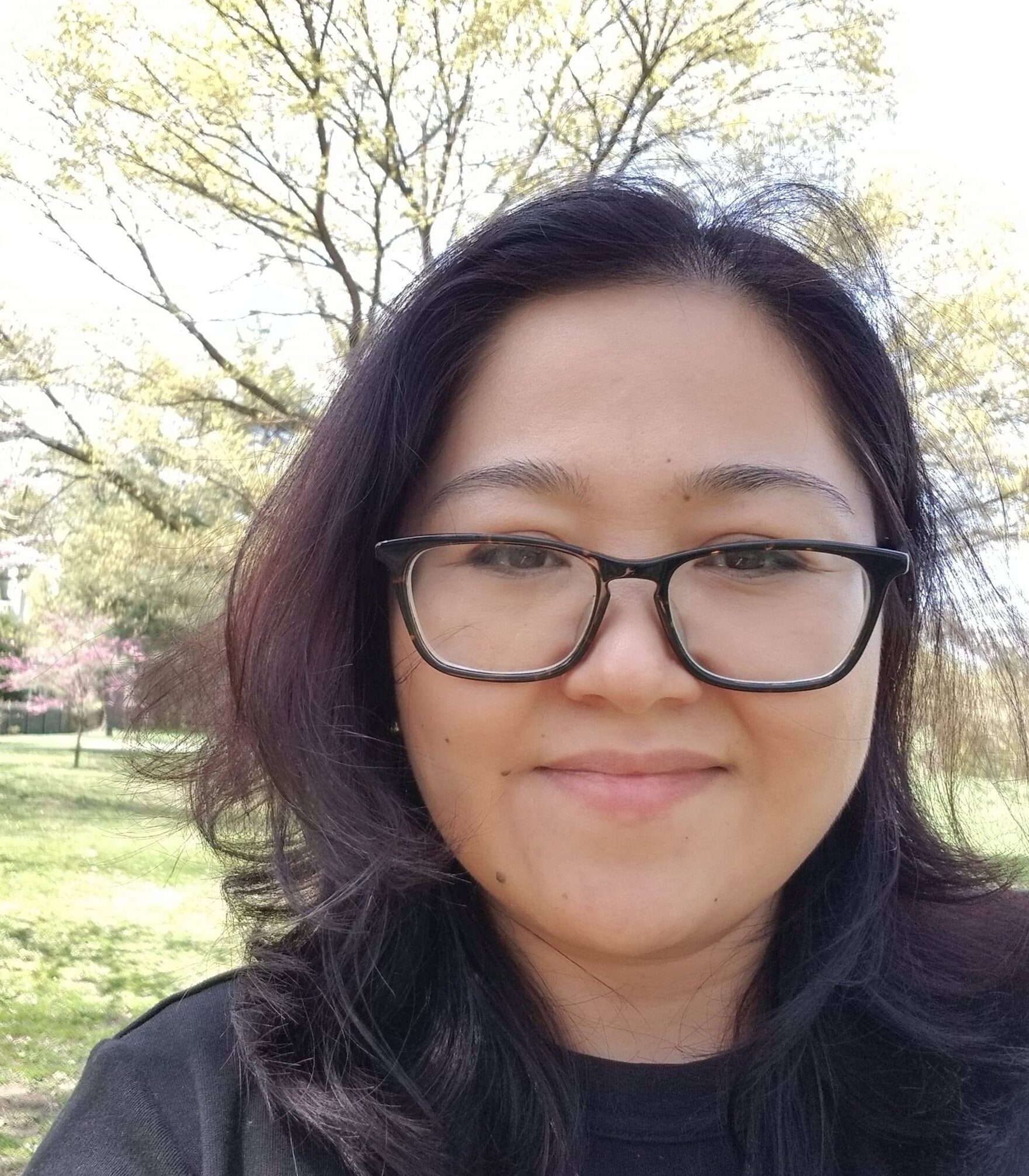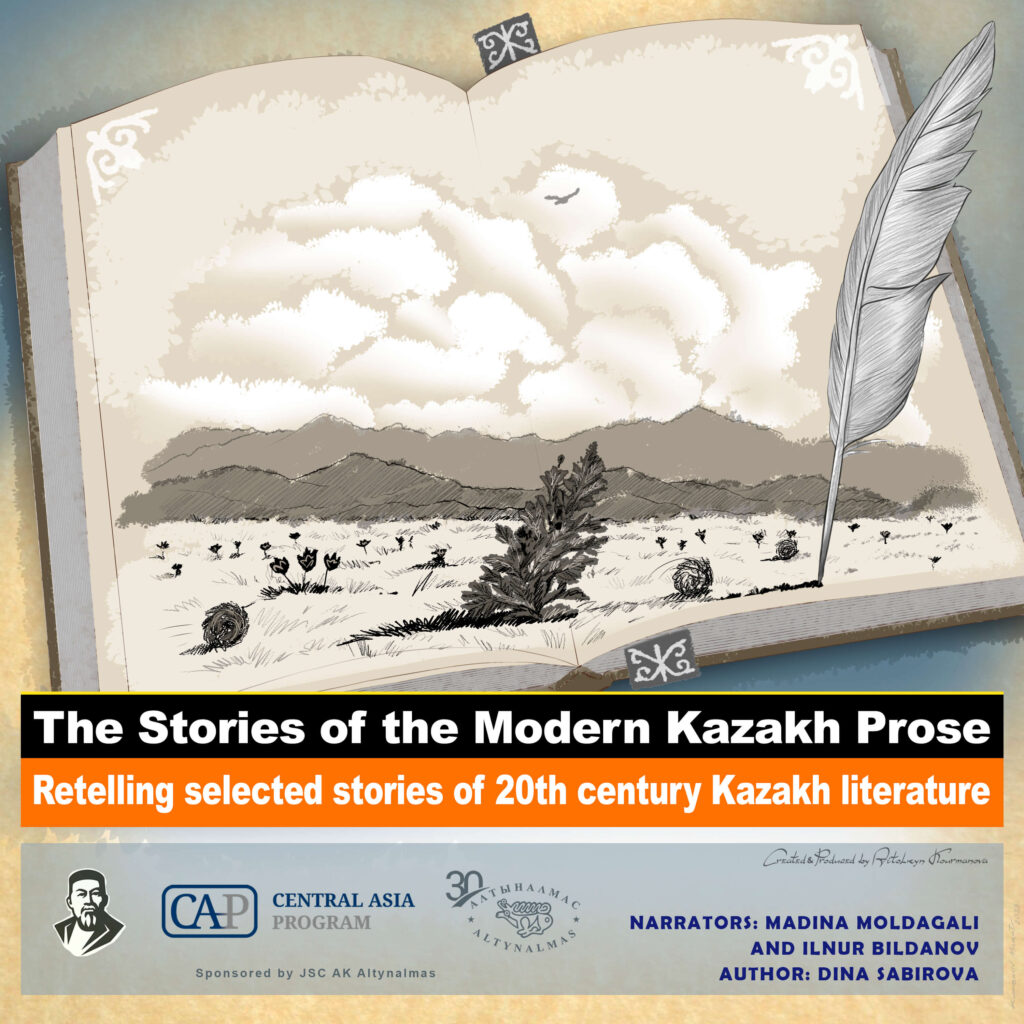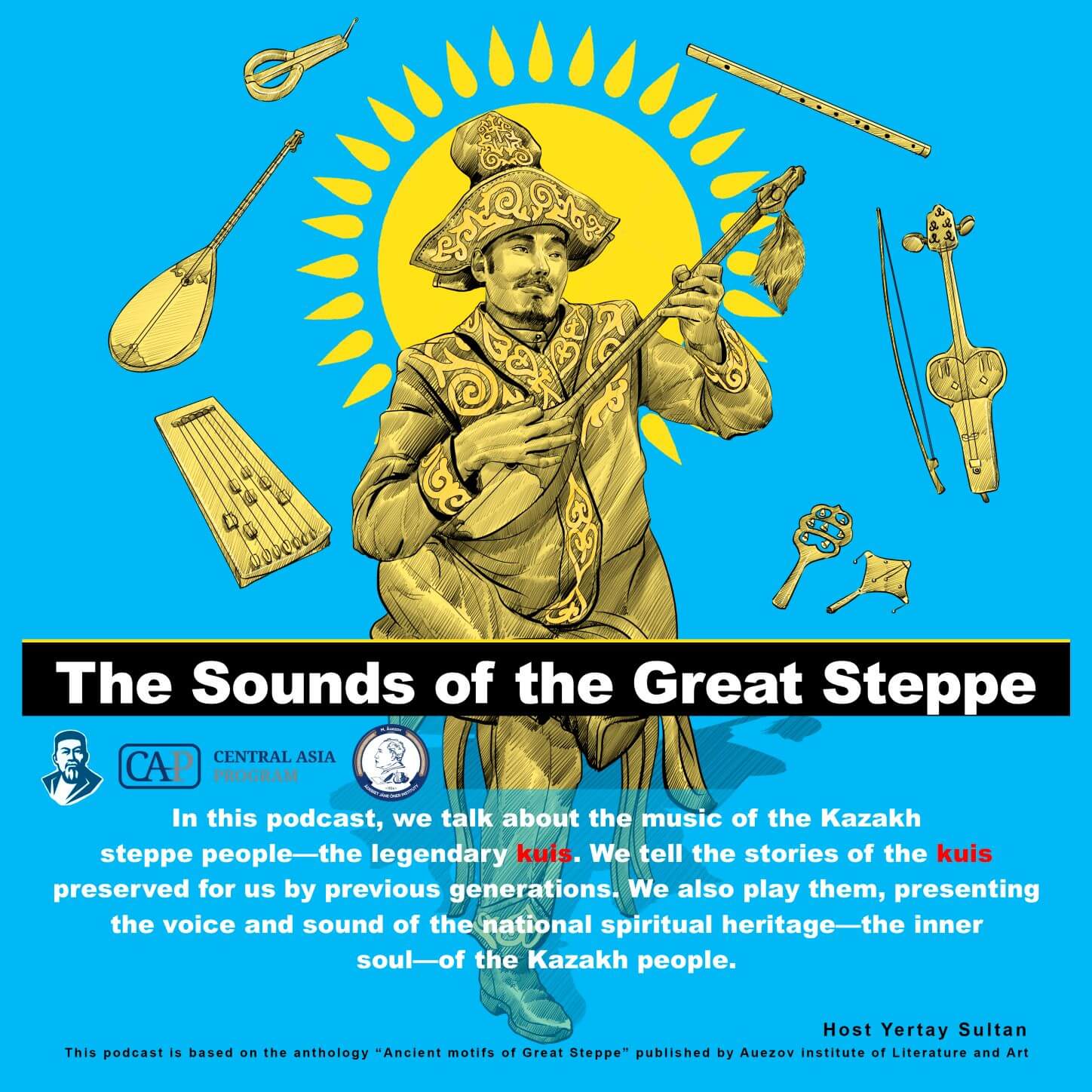ASTANA – Nestled in the heart of Washington, D.C., the Abai Center stands as a vibrant hub for promoting and preserving Kazakh culture and seeks to transform Kazakhstan’s representation, often made of false narratives, said Aitolkyn Kourmanova, a producer at the Abai Center, in an interview with The Astana Times.

From L to R: Composer Nurgisa Tlendiyev, opera singer Kulyash Baiseitova, photo from Mukhtar Auezov’s visit to the US in 1960s, photo of the 20th century Alash Party, fragment from Kazakh movie “My name is Kozha” (1963), and famous Kazakh painter Abylkhan Kasteev’s Army of Amangeldy (1970). Photo credit: Abai Center. Collage is designed by The Astana Times.
Launched in early 2020 in partnership with the Kazakh Embassy in the United States, the center, named after the renowned Kazakh poet and philosopher Abai Kunanbaiuly, is hosted by the Central Asia Program of George Washington University. Abai’s literary contributions, his role in shaping national identity, advocacy for social progress, and ability to remain relevant centuries later live on through the work of the center.

Altynai Kourmanova. Photo credit: Kourmanova’s personal archive.
“There are many cliches about Kazakhs. Abroad, we are perceived either as part of purely nomadic, even Mongolian culture, or as part of Soviet culture. I hope that projects like the Abai Center can change this banal impression, add more nuances and colors to it and, more importantly, convey the truth,” she said.
False narratives included instances when foreigners associate Kazakhstan with the “Borat” movie, a comedy film released in 2006 that presented a satirical and exaggerated portrayal of Kazakhstan, perpetuating stereotypes that misrepresented the country as backward, primitive, and filled with absurdities.
Other cases include a lack of awareness about Kazakhstan’s modern development. Despite the nation making significant strides in economic development and technological advancements since gaining independence in 1991, many often go unnoticed or overshadowed by outdated narratives that focus solely on its past as a Soviet republic.
“A cultural exchange between the United States and Kazakhstan can help us understand each other better and remove the barriers made of false narratives or banalities,” said Kourmanova.
An immersive journey through Kazakh culture and history
The digital platform of the Abai Center features online videos, podcasts, articles and interviews, aimed at taking people on an immersive journey through Kazakh history and culture.

The latest episode of “The Stories of Modern Kazakh Prose” told the story of “Snow Girl” by Oralkhan Bokeev. Photo credit: abaicenter.org.
“Kazakh culture is diverse, bright, and colossal, both in its past and its present. It is visually powerful, has unique sounds, colors, and images, has a great legacy of songs, texts, and a digital archive even in the form of the Kazakh Soviet films, as well as the long, fascinating history of battles and empires, vast spaces and cities born, destroyed and rebuilt,” she said.
Kourmanova said she believes Kazakh culture can be fascinating to anyone, not only Americans.
“We already see how our great Kazakh artists – musicians, filmmakers, actors, and even stuntmen are making significant breakthroughs in the world cultural arena,” said Kourmanova.
By raising cultural awareness, Kourmanova said the center makes its “modest contribution in cultural diplomacy.”
Power of podcasts
One of the awe-inspiring projects curated by the center is a collection of captivating podcasts that delve into traditional Kazakh music and prose.

“The Sounds of the Great Steppe” had its first episode released in April 2022. Photo credit: abaicenter.org.
The center produced 11 episodes so far in the “Sounds of Great Steppe” podcast, featuring some of Kazakhstan’s brightest composers of kui (traditional composition), from Dina Nurpeisova and great Kurmangazy to Nurgisa Tlendiev and Tattimbet Kazangapuly.
The episodes offer a chance to enjoy the unique records provided by the Auezov Institute of Literature and Arts, the nation’s leading research center of Kazakh literary studies, folklore and art history in Almaty.
“We also added some basic information about their creators, like Kurmangazy or Dina Nurpeisova. Of course, this genre has great potential to persist – we could cover Kazakh history, modern music or read jyraus’ (folk poet) poems. So I hope many more podcasts will appear, giving the listeners the pure joy of learning,” said Kourmanova.
Through engaging storytelling, another series of podcasts, themed “The Stories of the Modern Kazakh Prose,” unravels the beauty of Kazakh prose, deeply rooted in the country’s rich cultural heritage. Oral storytelling traditions have been passed down through generations and often incorporate elements of folklore, legends, and historical events, creating a sense of authenticity and connection to Kazakh identity.
The series, narrated by Madina Moldagali, a Ph.D. candidate at the Abai Kazakh National Pedagogical University, and Ilnur Bildanov, a teacher and director at the Children’s Acting School, retells 20th-century Kazakh literary masterpieces in a brief English audio version. Zhussipbek Aimautov, Magzhan Zhumabaev, Olzhas Suleimenov, and Anuar Alimzhanov are among the key figures captured in the podcast, honoring their contribution to shaping Kazakh history and nation.
Kourmanova, who is also a senior multimedia editor at the Central Asia Program, explains the choice of a podcast as a media format that is “flexible, creative and accessible.”
“People listen to podcasts to learn something new and complex. Science and history podcasts, for example, are very informative. In addition, it is a multi-tasking medium – you can listen while walking or exercising. Kazakh culture can be retold in a podcast form in many ways. For example, Kazakh music would have to be transmitted through multiple radio stations as it is very rich in genres and traditions,” she said.
Engaging activities
As the Kazakh community continues to grow in the United States, a significant number of children are born in the country. Yet, they eagerly seek opportunities to explore and reconnect with their roots and cultural heritage.
“The American capital has many residents who are generally interested in international cultural events. Our embassy does great work holding events celebrating various aspects of Kazakh culture. They have Kazakh language programs and various outreach projects on culture,” she said.
Besides podcasts, the center offers offline engaging activities, including film screenings, cultural exhibitions, and concerts in the Washington, D.C. area. People can also dive into a virtual reality immersive experience to explore the Abai House Museum in Semei in eastern Kazakhstan, the hometown of Abai.
“We held a few events this year, including a concert of the Turan folk ensemble and a film screening of a modern Kazakh movie ‘Paraolympiets,’” she said.
Collaboration with scholars and experts
According to Kourmanova, being hosted by the Central Asia Program at George Washington University allows the center to access experts and scholars to enrich the center’s work.
Renowned experts from Kazakhstan and abroad have been interviewed by the center about Kazakh culture, history, archeology, and language.
“We have a strong network of Central Asian experts and scholars that allows us to tap this treasure of academic knowledge. They, of course, play a major role in this project and provide valuable insight and share their years of explorations and studies – for example, we had video interviews with such legendary professors as Anatoly Khazanov and William Fierman, who had done tremendous work on Kazakhstan, nomadism and Kazakh language, respectively,” she said.
Cultural exchange
As Kazakhstan and the United States surpass the 30-year mark in their diplomatic relations, most of the successful path can be attributed to strong people-to-people contacts and cultural exchange.
“Culture is a very strong aspect of people’s relations and of diplomacy too. If you understand a certain culture, you understand the nation,” said Kourmanova, noting that American culture is less known to Kazakh citizens than European and Russian culture.
Kazakhs and Americans have a lot in common, she suggested.
“Both are freedom-loving nations, highly patriotic and nature-loving people, who live across vast and diverse territories. American culture is also broad and diverse and is open to other cultural influences and borrowings – it does not see it as threatening – it can collaborate with cultures. I think Kazakh culture is open and strong as well – we blend many influences in one melting pot and produce our unique Kazakh brand,” she said.

